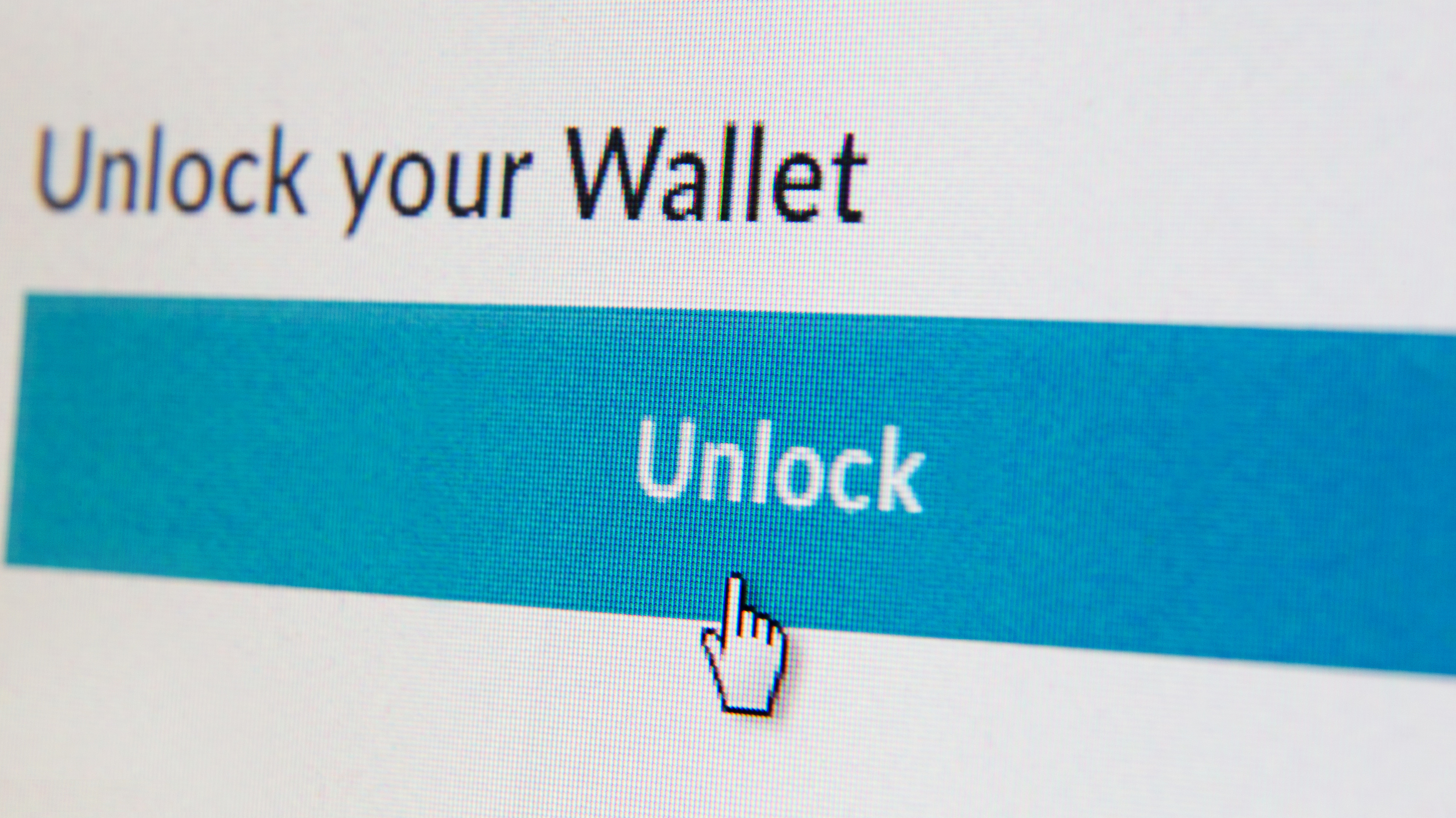With each passing year, millions of people fall victim to identity theft and suffer significant financial losses. Honest, hard-working people often discover – after the fact – their credit cards, bank accounts, and valuable personal identity information has been leveraged by hackers. The year-over-year trends indicate digital thieves have no intention of stopping. That’s why it’s up to each one of us to understand how online criminals operate, recognize the telltale signs of identity theft, and harden their cybersecurity defenses.
What is Identity Theft?
The term “identity theft” is widely used to describe an illegal process of someone gaining access to personal information and using it for ill-gotten gain. While physical documents such as a driver’s license, birth certificate, and Social Security card can be leveraged, identity theft crimes are typically perpetrated online.
A criminal on a laptop could be sitting halfway around the world stealing your bank account and credit card information, and everything needed to open an account in your name. After overcoming device defenses and less-than-robust usernames and passwords on various apps, cybercriminals typically mine personal data and sell it on the dark web.

Types of Scams
It’s important to understand that no one is truly immune from getting hacked. That may be a tough pill to swallow, given the vast majority of consumers have multiple apps that may require or store personal information. But by understanding commonly employed schemes, internet users can raise their awareness and avoid becoming a victim. These rank among the more prevalent schemes hackers use to access personal identity information.
- Data Breaches: Cybercriminals often target corporations to secure hundreds of personal profiles. Penetrating an organization’s defenses allows them to steal Social Security numbers, credit card numbers, addresses, birth dates, and other data. Millions of records are exposed each year, largely due to inadequate business security.
- Unsecured Browsing: This tends to trip up internet users who lack knowledge about hacking scams. Viewing unsecured websites and clicking on links can result in malicious applications infecting your device. That malware helps digital thieves uncover personal identity information.
- Phishing Schemes: Considered the most widely used by hackers, this scam involves bulk emails laced with malware. Hackers play the odds by sending out thousands of phony emails with enticements to download a tainted file or click on a malicious link. When an unsuspecting email recipient makes one of those missteps, hackers can breach wide-reaching information.
- Wi-Fi Hacking: Connecting to public Wi-Fi in coffee shops and other businesses has become something of a routine practice. Few people realize that a sophisticated hacker can infiltrate the hotspot and eavesdrop on your activity. That generally means they can monitor people while they type in usernames and passwords to bank accounts, credit cards, and other online platforms.
- Cell Phone Theft: Losing your mobile phone can have a devastating impact on your financial health. Unsecured phones allow criminals access to all the apps that are set up for easy login. These low-effort apps can easily offer too much information and prove detrimental in the hands of the wrong person.
What are the Warning Signs of Identity Theft?
It’s entirely possible for cybersecurity-conscientious people to still get hacked. Every consumer would be well-served to recognize the telltale signs that a breach occurred signaling someone may be leveraging your personal identity data. If you notice any of the following unusual activity, you may have fallen victim to identity theft.
- An unauthorized bank account transaction appears on your statement.
- A new bank account or credit card was recently opened without your knowledge.
- Debt collectors contact you regarding unpaid balances or loans.
- The IRS contacts you regarding a discrepancy on your return.
- The IRS reports a tax return was already filed on your behalf.
- Medical bills arrive for services you did not receive.
- Credit card bills and bank account statements are unusually late.
- You are denied credit because of late payments or excessive utilization.
- You receive an alert that an account was recently accessed.
The appearance of any of these telltale signs can send honest people into something of a panic. But recognizing early warning signs provides a window of opportunity to act and shut hackers down.
Steps to Avoid Becoming a Victim of Identity Theft
The best way to minimize the risk of becoming the next victim of identity theft involves building robust cybersecurity. Hackers troll the internet in search of weak defenses or what some call the “low-hanging fruit.”
Everyday people don’t necessarily have to invest in enterprise-level cybersecurity software and antivirus protection. Standard programs and a bit of due diligence can help you put in place enough cybersecurity defenses to make hackers target someone else. Consider strengthening your online presence in the following ways.
- Safeguard Your Social Security Number: Your Social Security number may be the most valuable piece of personal data a cybercriminal can learn. Those digits can complete a profile after online criminals leverage social media and professional platforms to learn your full name, date of birth, and address. Never type your social security into an e-commerce account or commonly used app.
- Recognize Phishing Schemes: Hackers who use bulk email schemes rely on recipients to make a mistake. These emails often have spelling errors, use overly formal language, or look a tad suspicious. The scams usually try to create a sense of urgency and get you to act in some fashion. Always verify the authenticity of the electronic message by using another device and platform.
- Set App Alerts: Many platforms offer a layer of security that involves real-time notification when a failed or suspicious login attempt occurs. These prompt notifications provide an opportunity to freeze accounts following an initial breach attempt. Peach State’s Online and Mobile Banking provides the ability to sign up to receive alerts for low balances, large transactions, and more!
- Secure Mobile Devices: Maintain robust password, fingerprint, or face recognition protections on all mobile devices. That way, a lost or stolen device is useless to thieves.
- VPN: Rather than leverage vulnerable public Wi-Fi, consider using a virtual private network (VPN). These relatively inexpensive internet options render your activity invisible to digital thieves. As the saying goes: Out of sight, out of mind.
Remember to use complex passwords that include a capital letter, a symbol, and numbers. The password should be unrelated to a hobby, family member, or business. Also, programs such as two-factor authentication add a layer of protection that prevents your account from looking like low-hanging fruit ready to be plucked.
What to Do If You Become a Victim of Identity Theft
Identity theft can be a progressive crime because hackers sell personal data on the dark web. In that digital underworld, thieves purchase your records and leverage them in wide-ranging ways. These may include draining bank accounts or racking up credit cards.
If you believe you’ve been hacked, promptly change your passwords from a secure device. Contact Peach State and any other financial institutions to freeze all your accounts, including checking, savings, credit cards, lines of credit, and anything that can be withdrawn or used for payment. Notify the three major credit bureaus and file a report on the Federal Trade Commission’s identity theft platform. It may be worthwhile to file a report with your local police department as well.
Be sure to stay in touch for more tips on avoiding identity theft and setting yourself up for financial success. Find us on Facebook, Instagram, Twitter, LinkedIn, and YouTube.





